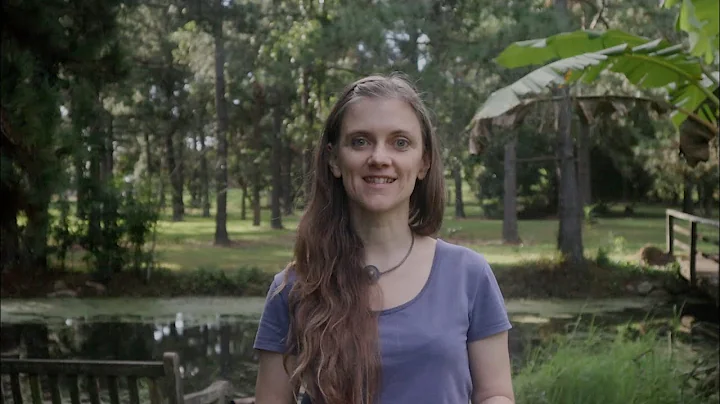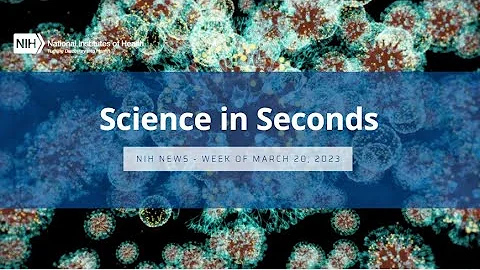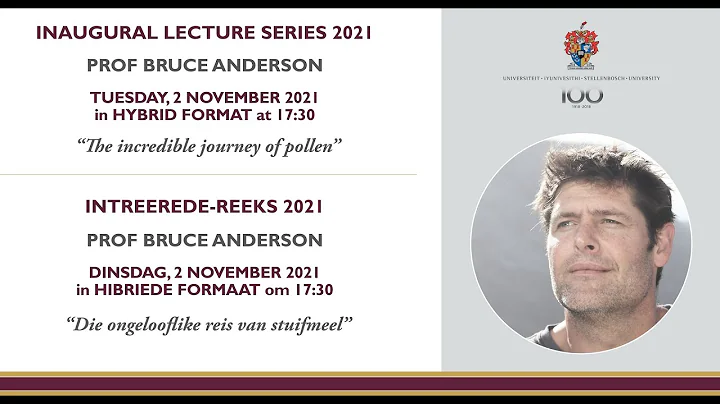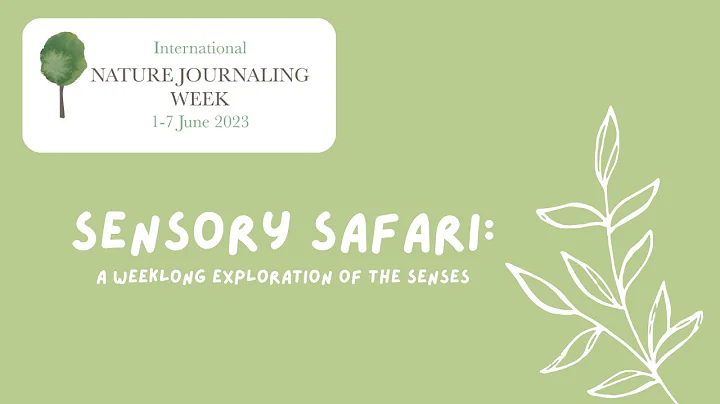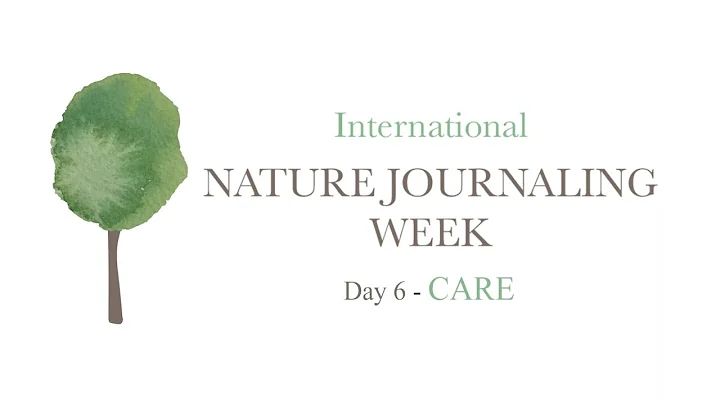
In recent years, intermittent fasting therapy has been shown to reduce weight and improve cognitive performance, and has been found in rodents, primates, and humans to promote metabolism and the signaling pathway , as well as in the aging process. Cause widespread health improvements. Not only that, but more beneficial effects of intermittent fasting are constantly being uncovered.
In a new study published in "Nature" on June 22, 2022, a research team from Imperial College London found that intermittent fasting changes the intestines of mice through an unexpected mechanism. Bacterial activity, thereby accelerating the ability of animals to recover from neurological injury .

Injury to the peripheral nervous system occurs at a very high rate, often resulting in long-term neurological deficits. Currently, there are no effective treatment options other than surgical reconstruction, and surgery is only effective in a small proportion of patients. Due to the inefficient and slow regeneration of axons and , damage often results in partial or complete loss of sensory, motor, and autonomic nervous function. Therefore, accelerated axonal regeneration is needed to improve functional recovery after injury. However, scientists still do not fully understand the cellular and molecular mechanisms of this process. The development of effective clinical treatments is thus hindered.
Recently, some studies have found that intermittent fasting therapy can accelerate wound repair, neuronal sprouting and functional recovery after nerve injury, as well as increase synaptic plasticity and neurogenesis, and have demonstrated that this process shares some molecular mechanisms with axonal regeneration.
In the new study, researchers studied nerve regeneration in mice with damaged sciatic nerves. Before cutting off the nerve, one group of mice "followed" an intermittent fasting strategy of alternate-day fasting, that is, eating as much as they wanted on the first day, fasting on the second day, and then repeating this process for 10 days; another group of mice served as The control group could eat freely without any restrictions. The researchers then monitored the mice's recovery 24 to 72 hours after their nerves were cut.
When they measured the length of the regenerated axons in the animals, they found that mice that had been fasted for 10 days had approximately 50% more regenerated axon length compared to control mice.. Axons are filamentous structures at the ends of nerve cells that send electrochemical signals to other cells in the body.

How does fasting lead to such dramatic growth of axons? The researchers further observed that mice in the intermittent fasting group had significantly higher levels of -indolepropionic acid (IPA) in their blood. IPA is a metabolite of the intestinal bacterium Clostridium sporogenes and is critical for axon regeneration.
To confirm that IPA helps nerve repair, the researchers then treated the mice with the antibiotic vancomycin to clear their gut flora, and then transplanted the mice with the IPA-producing C.sporogenes strain or genetically modified strains The C.sporogenes strain cannot produce IPA.

The researchers found that when these bacteria cannot produce IPA and there is little IPA in the serum, nerve regeneration is blocked. This suggests that the IPA produced by these bacteria has the ability to heal and regenerate damaged nerves.

It is worth mentioning that when sciatic nerve injury was administered to mice orally administered IPA, the researchers observed that the mice's nerves regenerated within two to three weeks after the injury and accelerated the recovery of sensory function.
RNA-seq analysis of the dorsal ischial root ganglia revealed a role for neutrophil chemotaxis in the IPA-dependent regenerative phenotype, which was confirmed by inhibition of neutrophil chemotaxis .

Although this new mechanism was discovered in mice, bacteria that produce IPA also naturally exist in the human intestine, and IPA is also present in human blood. The team hopes this study can be replicated in future human trials.
In summary, the findings demonstrate the ability of an intermittent fasting-induced microbiome-derived metabolite (3-indolepropionic acid ) to promote sensory axon regeneration and functional recovery via immune-mediated mechanisms .
Corresponding author of the study Professor Simone Di Giovanni from the Department of Brain Sciences at Imperial College London said: "Research by other groups has linked intermittent fasting to wound recovery and new neuron growth; our study is the first to accurately explain this. How Fasting Helps Nerve Healing. What I think is important about this study is that it opens up a whole new field and makes us ask: Is this the tip of the iceberg? Or are there other bacteria or bacterial metabolites that can boost nerves? Meta-repair? "
paper link:
https://www.nature.com/articles/s41586-022-04884-x
